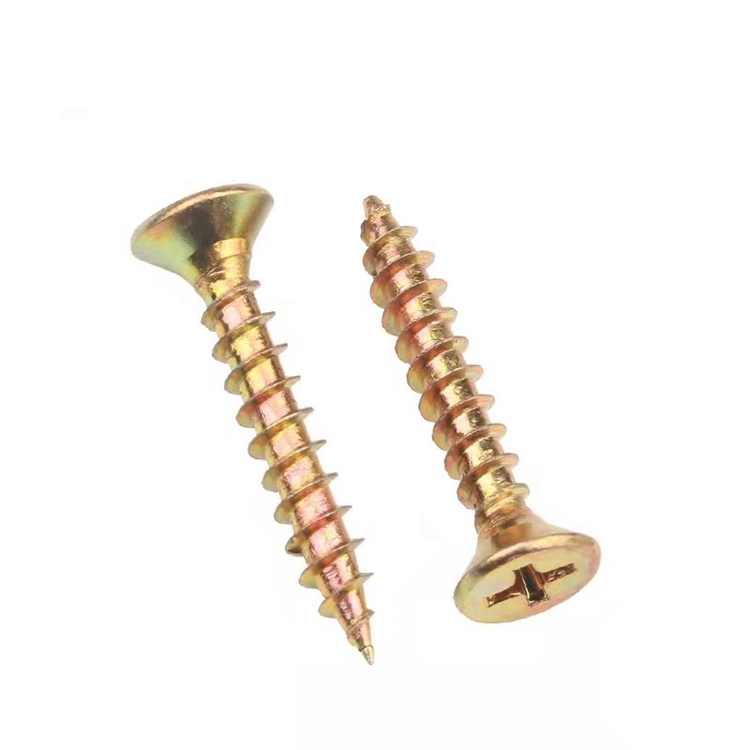8mm Stud Bolt Manufacturing Industry Insights and Best Practices for Quality Production
अक्टूबर . 10, 2024 20:38 Back to list
8mm Stud Bolt Manufacturing Industry Insights and Best Practices for Quality Production
The Importance of Quality in 8mm Stud Bolt Manufacturing
In the world of manufacturing, the importance of quality cannot be overstated, especially in the production of critical components such as 8mm stud bolts. These small yet essential fasteners play a significant role in various applications across multiple industries, including automotive, construction, and machinery. Understanding the manufacturing process, quality control measures, and the significance of 8mm stud bolts can help industries maintain high standards for safety and efficiency.
Understanding 8mm Stud Bolts
An 8mm stud bolt is a type of fastener that is characterized by a cylindrical shape with threads on both ends and a smooth shaft in the middle. These bolts are used to securely join two or more components together, providing stability and resistance against shearing forces. The versatility of 8mm stud bolts allows them to be used in a range of applications, from securing furniture to holding together intricate machinery, making them indispensable in modern engineering.
The Manufacturing Process
The manufacturing of 8mm stud bolts begins with the selection of high-quality raw materials, usually stainless steel, carbon steel, or alloy steel, depending on the intended application and the required mechanical properties. The manufacturing process involves several stages, including forging, machining, heat treatment, and surface finishing.
8mm stud bolt factory

1. Forging This step involves shaping the raw metal under high pressure, ensuring the grain structure aligns for improved strength and durability. 2. Machining Following forging, the bolts are precisely machined to attain the desired dimensions and thread specifications. This step is critical for achieving the correct fit and function. 3. Heat Treatment To enhance the mechanical properties, heat treatment processes such as quenching and tempering are performed. This results in improved hardness and tensile strength. 4. Surface Finishing Finally, the bolts undergo surface treatments to prevent corrosion and enhance their appearance. Options may include plating, anodizing, or applying protective coatings.
Quality Control Measures
Given the potential hazards associated with the use of inferior fasteners, stringent quality control measures are essential in the manufacturing process of 8mm stud bolts. Reputable manufacturers adhere to industry standards such as ISO 9001 and ASTM specifications. A comprehensive quality control protocol may include
- Visual inspections to check for defects or irregularities. - Dimensional checks using calibrated tools to ensure accuracy. - Mechanical testing, such as tensile and shear tests, to verify the strength and durability of the bolts. - Corrosion resistance testing to assess the performance of the surface treatments.
Conclusion
The realm of manufacturing 8mm stud bolts requires a deep understanding of materials, precision engineering, and rigorous quality control. As industries continue to evolve, the demand for durable and reliable fasteners will only grow. By prioritizing quality in manufacturing processes, factories can ensure that their 8mm stud bolts meet the high standards necessary for safety and functionality in various applications. In doing so, they contribute to the overall integrity and reliability of the products within which these fasteners are used, fostering a safer and more efficient industrial landscape.
Latest news
-
Reliable Axle Nuts Supplier | Quality & Precision Fasteners
NewsAug.23,2025
-
Durable Bolts for Lawn Mower Handle - Top Supplier & Manufacturer
NewsAug.22,2025
-
High-Quality Bolts for Lawn Mower Handle Supplier & Manufacturer
NewsAug.21,2025
-
Reliable Axle Nuts Supplier | High-Quality Automotive Parts
NewsAug.19,2025
-
Premium Wire Bolts Suppliers | Durable & Reliable Fasteners
NewsAug.18,2025
-
Leading Metric Wood Screw Companies & Manufacturers
NewsAug.17,2025
